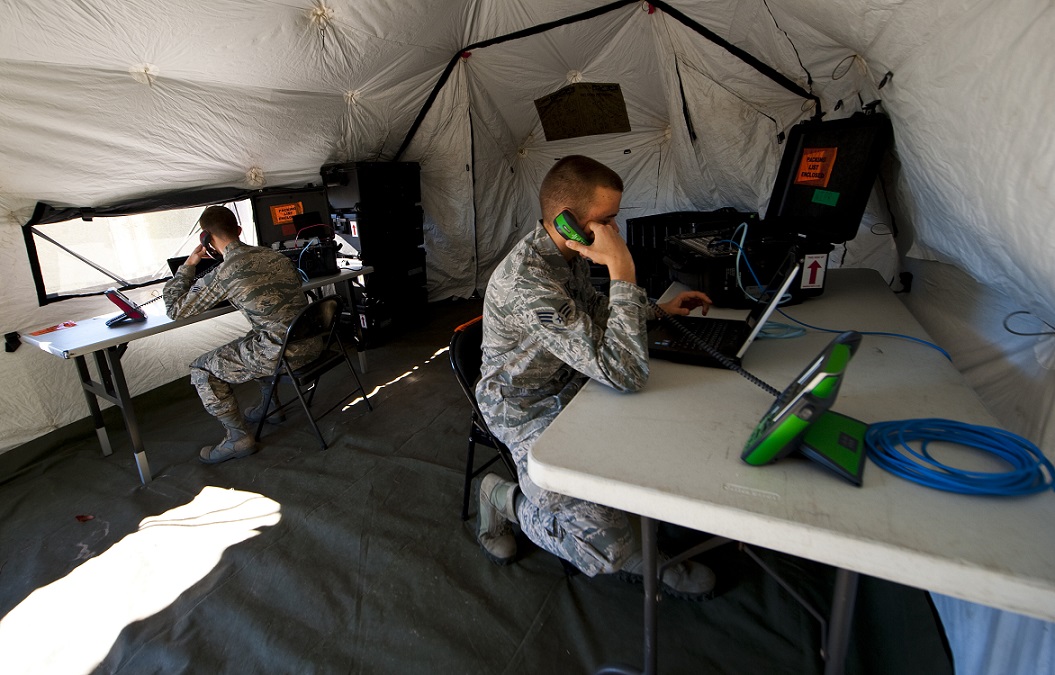This post is also available in:
 עברית (Hebrew)
עברית (Hebrew)
The Indian government is likely to approve long-pending deals worth around $20 billion by the end of the year. Huge defense contracts will operate under the government’s ‘Make in India’ program. These defense programs include the Futuristic Infantry Combat Vehicle (FICV), the Tactical Communication System (TCS) and the Battlefield Management System (BMS), all of which have been under discussions for almost a decade.
During a recent meeting, Defence Minister Nirmala Sitharaman and Defence Secretary Sanjay Mitra are believed to have assured the industry of clearing the deals by the year-end. Sitharaman guaranteed the industry that decisions on these three projects will be expedited and approved in a time-bound manner by the Cabinet Committee on Security (CCS) chaired by Prime Minister Narendra Modi, sources told thehindubusinessline.com. Some of these projects have been stuck due to placement of development orders. However, it seems the government will now identify the manufacturers, who will be asked to produce a prototype for a final approval.
Delays in getting these projects off the ground have been a major cause of concern for the Indian defence firms and international technology providers. Although Expressions of Interest (EOI) for these three mega projects were issued in 2010 and 2013, till date there has been no progress in developing phase orders. Under the $12-billion FICV project, the government aims to purchase over 2,300 units of such vehicles for the Army. Firms that have been vying for the deal are L&T, Tata Motors, Reliance, Mahindra and Tata Power SED-Titagarh Wagons. Globally, firms that have queued up for the FICV project are General Dynamics, Lockheed Martin, BAE Systems and Rheinmetall.
The TCS and BMS programs are now undergoing yet another round of valuation by the Army. Together these programs, that will enable the Army to take a quantum leap in sophisticated warfare, are worth around $8 billion. While the BMS seeks to integrate all the combat units of the Army such as artillery, infantry battalions, armored and others, the TCS is meant for offensive operations. For the BMS, some of the global firms queuing up for the projects are Israel Aerospace Industries, Rafael and Elbit of Israel; Thales and Nexter of France; Rhode & Schwartz of Germany; BAE Systems of the UK; Lockheed Martin, Raytheon and General Dynamics of the US; and, Selex of Italy.


























